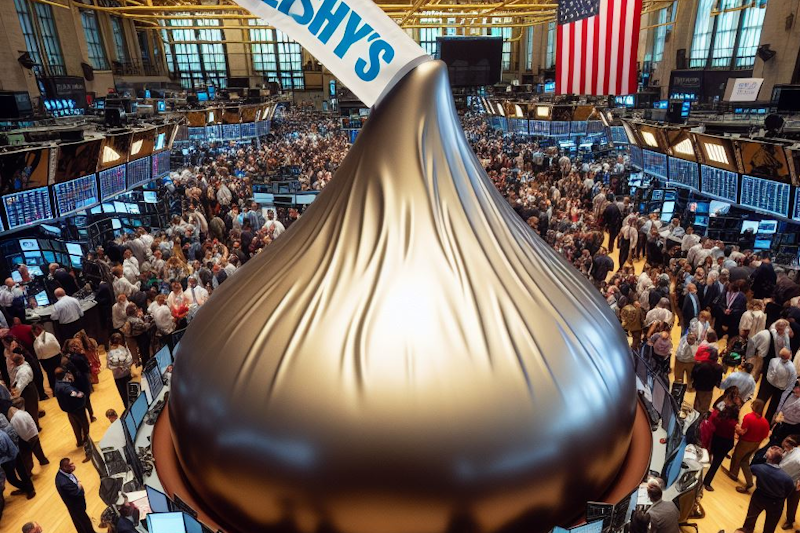As Winter approached on the Eve of 2011, a young Tunisian set himself on fire.
He had had it with police corruption and no opportunities to work. He wasn’t the first of his fellow citizens to choose self-immolation. But it was his most desperate act that sparked a series of revolutions across the Middle East and northern Africa. After three weeks of street protests in Egypt, Hosni Mubarak was forced out of power.
In the Spring, mostly young adults took to the streets of Spain to demand an end to the old government and replace it with, well…nothing.
When Summer finally came ‘round, the London Riots raged for 5 days. The object here being free stuff.
And by Fall, we had Occupy Wall Street here in the good ‘ole USA which yielded today’s cliches of “99%” and the “1%.”
What do these protests, riots, and tent cities have in common? Seemingly nothing.
But I’d say everything.
Because while each movement had vastly different goals, the movements themselves were but effects that sprung from the same cause…
Too Much Power at the Top
The Global Financial Crises of 2008 and 2009 caused deep suffering in the United States. But the phenomenon was global, hitting marginal economies the hardest.
Defaults collapsed the mortgage house of cards and laid bare the common dependency underlying the global economy — U.S. debt.
That debt enabled decades of dictatorial control and theft throughout the Middle East and North Africa. Deliberately enriching the center left too little for Tunisians, Egyptians, and the rest to build a real economy delivering real value.
Years of Socialist control in Spain left an inevitably hollow economy. But with the debt rug pulled out from under it, the thin veneer collapsed. With neither opportunity nor grasp of cause and effect, the young Indignados demanded more of the same, provided it came from anyone else.
The bailouts that directly, openly, and explicitly rewarded those responsible for all that debt got publicly rubbed in the faces of Americans and Brits. The outrage was so widespread that, in the U.S., “End the Fed” Libertarians camped and protested shoulder to shoulder with Marxists — both hoping to tear down the American hierarchy.
In the U.K., they just looted.
In the years since 2011, we have seen:
- The U.K. exiting the Eurozone.
- Populist candidates like Trump, Viktor Orban in Hungary, and Bolsonaro in Brazil rise to challenge the legitimacy of top-down, centralized global authority.
- Political moderates virtually disappear in the U.S.
- A global payment system denominated in dollars fray at the seams.
The Top’s grip on power slipped despite taking debt to levels flat-out unimaginable 20 years ago.
And what power they still possess may soon get washed away by the very flood of debt that sustained it.
Debt Equals Money
Money gets lent into existence. A flood of debt is also a flood of money. That flood of money is now chasing supply-constrained goods.
The inflation we fear today is a direct consequence of the astoundingly high levels of central bank enabled debt incurred during and since the Great Financial Crisis. And any power that didn’t get washed away by defaults in 2008 could soon get burned away by inflation.
And we’ve barely begun to feel the effects of such rampant inflation.
Take What the Market Gives You
P.S. Tomorrow at 3pm, I’m doing a live primer on Options Greeks for my 21st Century Wealth Society members. It’s not too late to join us. And when you do, you can attend the primer and start getting the trades that have allowed us to tap into the market’s quick up and down moves.



